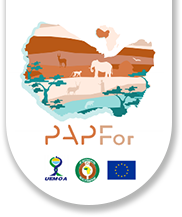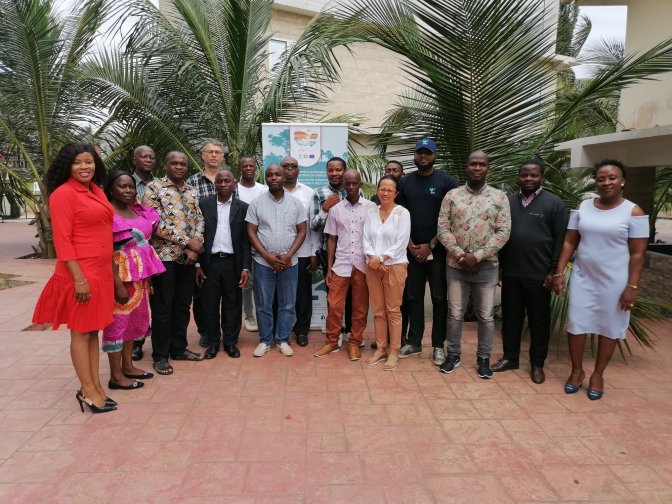Home / News / Successful test and first training course held for IMET tool adapted for (...)
Successful test and first training course held for IMET tool adapted for community forests and other community-managed conservation areas (OECMs)
PAPFor partners joined a training course last week on a management analysis tool for community forests and other community-managed conservation areas which has been adapted by the programme with support from other EU-funded initiatives.
The Integrated Management Effectiveness Tool (IMET) is important for the PAPFor programme and, more generally, for all conservation programmes that support protected areas. It enables a better monitoring of the management effectiveness of PAs and makes it easier to identify where improvements are needed to better manage these areas.
As announced in our March newsletter, in view of the growing number – in addition to protected areas - of "other effective conservation measures" (OECMs), such as community forests, PAPFor teamed up with the EU-backed Biodiversity and Protected Areas Management programme (BIOPAMA) and the European Commission’s Joint Research Centre (JRC) to develop an adapted IMET tool for OECMs.
The first stage of the adaptation, developing the IT tool, was achieved with technical support from the JRC and completed in March 2023. The second stage, two field tests, took place in March and April: in collaboration with RSPB and the Conservation Society of Sierra Leone (agencies implementing PAPFor in the Gola Landscape), two assessments were carried out in community forests adjacent to the Gola Rainforest National Park in Sierra Leone. Based on this field test, the tool was adjusted and is now available in its final version.
The latest stage in the initiative took place from 4 to 8 September 2023, when the PAPFor Regional Coordination organised a training session in Monrovia for 13 practitioners from Guinea, Sierra Leone, Liberia, Côte d’Ivoire and Nigeria.
The participants came from protected area administrations and PAPFor implementation agencies and were already familiar with IMET. They took part in an intensive programme on the dedicated OECM module.
They also identified potential areas for OECM-IMET assessment in each of the six PAPFor landscapes. For some landscapes, these assessments can be planned to take place before the end of the PAPFor programme or in the initiative that will succeed it, called NaturAfrica. Contacts have already been made with BIOPAMA and its associated West Africa observatory of data and information on biodiversity and protected areas (OBAPAO), as well as with the USAID-funded WABiLED program, to support some of these assessments, but also to consider a second training course, in French.
"The very positive response from both the national agencies in charge of protected areas and the PAPFor implementing agencies, and their clear interest in the development of this OECM-IMET module, is very encouraging", said Marc Languy, PAPFor’s Regional Coordinator. "The next step is even more important: getting back into the field and working with local communities to develop management plans tailored to community forests and other OECMs in West Africa," he added.
We will keep you posted on the progress of this innovative initiative in future newsletters and on our website.


